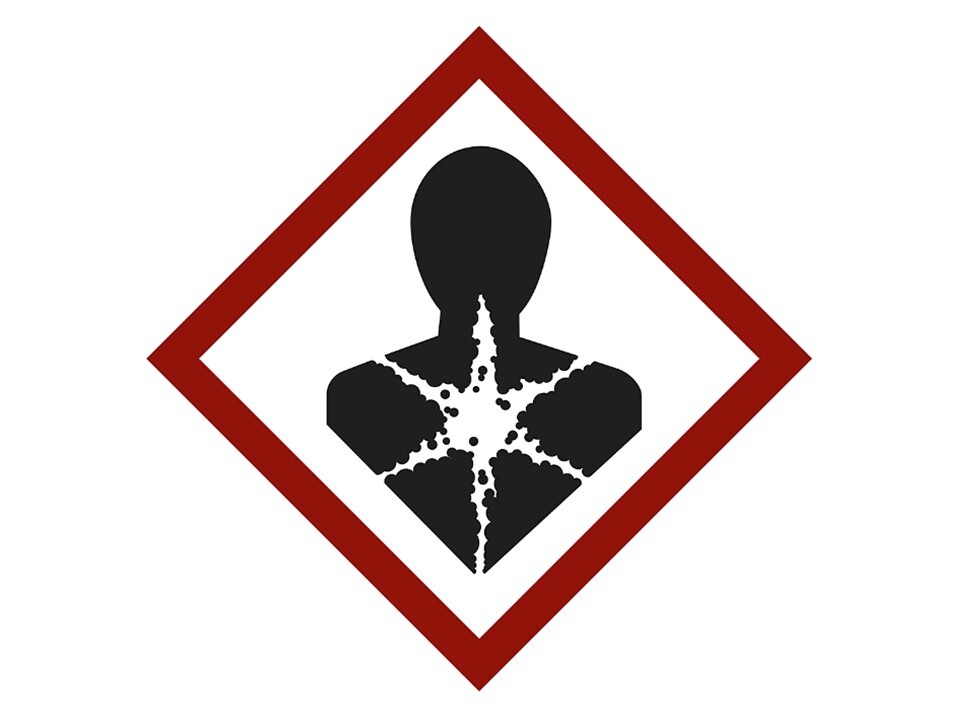Online first
Bieżący numer
Archiwum
Najczęściej cytowane 2024
O czasopiśmie
Zespół Redakcyjny
Komitet Redakcyjny
Polityka prawno-archiwizacyjna
Kup czasopismo
Klauzula informacyjna o przetwarzaniu danych osobowych
Deklaracja dostępności
Instrukcje dla Autorów
Instrukcje dla Recenzentów
Polecamy
Kontakt
Recenzenci
2024
2023
2022
2021
2020
2019
2018
2017
2016
2015
2014
2013
Redakcja i tłumaczenia
STANDARDY - WYTYCZNE
Concept of health surveillance programme for workers exposed to respirable crystalline silica at present and in the past
1
Wielkopolska Centre of Occupational Medicine, Poznań, Poland (Department of Consultative, Diagnostic and Preventive Medicine)
2
Nofer Institute of Occupational Medicine, Łódź, Poland (Department of Environmental Epidemiology)
3
Nofer Institute of Occupational Medicine, Łódź, Poland (Clinic of Occupational Diseases and Environmental Health)
Data publikacji online: 27-09-2023
Autor do korespondencji
Joanna Nowak-Pasternak
Wielkopolska Centre of Occupational Medicine, Department of Consultative, Diagnostic and Preventive Medicine, Poznańska 55A, 60-852 Poznań, Poland
Wielkopolska Centre of Occupational Medicine, Department of Consultative, Diagnostic and Preventive Medicine, Poznańska 55A, 60-852 Poznań, Poland
Med Pr Work Health Saf. 2023;74(4):341-6
SŁOWA KLUCZOWE
DZIEDZINY
STRESZCZENIE
In the paper authors present general assumptions of health surveillance programme concept for workers employed in respirable crystalline silica (RCS) exposure at present and in the past. There is no effective treatment for silicosis thus disease prevention is of paramount significance. For decades efforts of World Health Organization (WHO) and International Work Organization (ILO) have been focused on eliminating silicosis globally. Unfortunately silicosis is still one of the most lethal occupational diseases and the preventative programmes have not yet been successful. The authors identify main steps to complete an overview of RCS exposure and suggest lines of actions to be taken before launching the health surveillance programme. Introduction of the health surveillance programme would increase awareness of harmful health effects of the RCS exposure, emphasize the significance of preventive medical check-ups and early diagnostics of occupational diseases as well as the importance of using appropriate protective equipment. The programme development on a national level might be carried out with the cooperation of multiple backgrounds and institutions. This would allow for detailed planning, implementation, monitoring and effective evaluation of its results. Having a better and updated knowledge of silicosis epidemiology, early diagnostics, the possible sources of RCS occupational exposure and evaluation of undertaken preventive actions are crucial factors in disease prevention. The programme introduction would be of educational significance for all the stakeholders and the groups engaged in the project implementation, which would contribute to high effectiveness of the preventive activities and their improvement in the future. Med Pr Work Health Saf. 2023;74(4):341–6.
Udostępnij
ARTYKUŁ POWIĄZANY
Przetwarzamy dane osobowe zbierane podczas odwiedzania serwisu. Realizacja funkcji pozyskiwania informacji o użytkownikach i ich zachowaniu odbywa się poprzez dobrowolnie wprowadzone w formularzach informacje oraz zapisywanie w urządzeniach końcowych plików cookies (tzw. ciasteczka). Dane, w tym pliki cookies, wykorzystywane są w celu realizacji usług, zapewnienia wygodnego korzystania ze strony oraz w celu monitorowania ruchu zgodnie z Polityką prywatności. Dane są także zbierane i przetwarzane przez narzędzie Google Analytics (więcej).
Możesz zmienić ustawienia cookies w swojej przeglądarce. Ograniczenie stosowania plików cookies w konfiguracji przeglądarki może wpłynąć na niektóre funkcjonalności dostępne na stronie.
Możesz zmienić ustawienia cookies w swojej przeglądarce. Ograniczenie stosowania plików cookies w konfiguracji przeglądarki może wpłynąć na niektóre funkcjonalności dostępne na stronie.






